Alcohol in Skincare - What is the Truth? | By: Oh My Stellar
We all have been told that we should avoid alcohols in our skincare products as it can dry out, irritate and worsen any skin concern. However, alcohol is not always the villain, as certain alcohols can actually be beneficial for your skin such as instance those that are produced as a result of fermentation process of skincare ingredients. Stella from Oh My Stellar joins us today with a discussion about alcohols in your skincare products, to debunk the myths and surprise you with the benefits of 'good alcohols'.

Since the beginning of my skincare journey, ”alcohol” had always been considered a bad ingredient - something to be avoided at all costs. I had quickly learnt to skim ingredient lists and criticise anything that contained the dreaded A-word. Though why are people so terrified of the ingredient without knowledge of what it actually is, and why it’s being used? The most likely reason comes down to lack of information. In reality, alcohol isn’t always a bad thing and, depending what type is being used, it can also play different roles in the formulation of products.
Put simply, there are essentially two types of alcohols to be reviewed - bad alcohols and good alcohols. Indeed, there are alcohols that are actually beneficial to your skin and those are what is often used in skincare nowadays.
Bad Alcohols
These are what gives the ingredient its bad reputation; think Ethanols (Alcohol Denat), Isopropyl Alcohol, and Methanol. The first is similar to what you would find at a bar, whilst the second two are mostly used for cleaning or even fuels (and most definitely should not be ingested). These are what usually give that tight, cooling sensation which many mistake as being beneficial to oily skin. However, in reality, it’s stripping your skin of its natural oils and in turn damaging your moisture barrier. It may also cause enlarged pores, increased oil production and irritation or dryness - especially for people with sensitive skin.
With all of that in mind, many would then ask why these bad alcohols are still being used in skincare. The fact is that these ingredients do have a purpose in their formulations. These ‘bad alcohols’ are usually used as solvents, to improve absorption, remove oils or even kill surface bacteria.
Are bad alcohols ever ‘good’?
In short - yes.
Benzyl Alcohol is technically considered a ‘bad alcohol’, but is also an essential preservative that carries the benefit of being an antioxidant, stabilizer and solvent. The main downside of this ingredient is that it can be a skin irritant, as it is considered an allergen under EU guidelines, but may still be suitable for non-sensitive skin types.
Alcohols are also an essential part of the fermentation process, such as in SU:M37’s Water-Full Timeless Pore Essence or Water-Full Skin Refresher, both of which use Alcohol Denat. Depending on the formula, different types of alcohols may be used interchangeably, so as long as there is balance in the formulation and awareness during application - the pros really can outweigh the cons.
Good Alcohols
And then we proceed onto the good alcohols - ingredients that are the indisputable angels of the Alcoholic Skincare World. These include types like Cetearyl, Stearyl, Arachidyl, Cetyl or Behenyl Alcohol and are usually called ‘fatty alcohols.’ They are typically vegetable derived and, in contrast to their bad brothers, aren’t drying or stripping.
In fact, these are typically emollients that aid in keeping moisture in, so are especially good for dry skin types. They are also used in formulas as thickeners to give products a more decadent and rich texture, as well as to prevent water and oils from separating - so you can see why they are essential to the formulations.
These ‘good alcohols’ can be found in a number of kbeauty products. Reviewing them, you may notice that most of these products have thicker, creamy consistencies. The formulas generally aim to moisturise and retain moisture, so are often used for anti-aging and recovery products:

MIZON Snail Eye Repair Cream (Cetyl and Stearyl Alcohol)
An eye cream with a rich, smooth texture to reduce signs of aging, decrease puffiness, stimulate skin cell regeneration and also minimize moisture loss.
SULWHASOO Overnight Vitalizing Mask (Cetearyl Alcohol)
A much raved about overnight sleeping mask with a smooth, creamy texture - this also helps to improve signs of aging and replenish moisture. The formula contains an innovative Organic Respiration Layer (ORL) technology, claiming to create a dewy, glowing complexion.
MAKE P:REM Hydrate Me. Micro Tension Cream (Cetearyl Alcohol)
A hydrating moisturiser with a soft, bouncy texture to deeply hydrate and strengthen the skin barrier. It is formulated with Nordic Berry and is also enriched with botanical oils and ceramides.

THE FACE SHOP Dr. Belmeur Advanced Cica Recovery Cream (Cetearyl Alcohol)
This cream aids in moisture retention, as well as working to improve a damaged skin barrier through the creation of a skin-like protective layer. It contains Ceramides, Panthenol and Madecassoside, as well as being EWG green rated.
I'M FROM Mugwort Cream (Arachidyl, Stearyl and Behenyl Alcohol)
A pH balanced cream containing 73.55% high quality mugwort extract from Ganghwa, South Korea. This gentle product has antibacterial and antioxidant properties, claiming to leave skin supple and hydrated.
DR. JART Vital Hydra Solution Biome Moisture Cream (Cetearyl, Stearyl and Behenyl Alcohol)
A moisturiser formulated to help your skin retain moisture and enhance your skin barrier. This product is also suitable for all skin types, including sensitive skin.
What about alcohol-free formulas?
For those who are still unsure about alcohols, or perhaps might be more sensitive to them, there are many alcohol-free k-beauty options as well. These products are generally suitable even for sensitive skin and have gentle, careful formulas:
This essence toner will nourish and hydrate your skin formulated to use minimal ingredients with maximum effectiveness. There are no complex lists here as this only contains seven ingredients!
Speaking of simple ingredients list - this product contains just one! This essence is 100% Mugwort (in the form of Artemisia Princeps Extract), one of my favourite ingredients for soothing and calming irritated skin.
KLAIRS Supple Preparation Facial Toner
Also great for calming irritated skin, this facial toner is a lightweight and fast absorbing formula to restore the pH balance of your skin barrier and also improve the efficacy of your skincare routine.

Conclusion
In the end, I think that alcohol has gotten a bad reputation in the past due to lack of information. The beauty of the internet is that there are so many resources freely available, so long as you have the patience to search through it. Alcohol can be a very complicated topic, as external factors (such as skin type, skin concerns or even how it is used in a formula) can affect its efficacy; it’s not exactly a black and white topic. In the end, what works for your skin is what matters, and not everything that contains alcohol is necessarily bad - not even if it’s a ‘bad alcohol’.
That being said, feel free to use the above information as a starting point when looking at ingredients. If you can pinpoint the type of alcohol that is being used in a product, you can then determine whether it will work for you and your skincare concerns.
TIP: If a product contains ‘bad alcohols’, look into why they are being used in the formulation (perhaps as a preservative or part of the fermentation process) and try to balance the ‘cons’ of that ingredient with the rest of your skincare routine.
For more beauty tips from Stella, be sure to follow her!
- Blog: ohmystellar.com
- Instagram: instagram.com/ohmy_stellar/
- Facebook: facebook.com/ohmystellar
- Youtube: youtube.com/ohmystellar
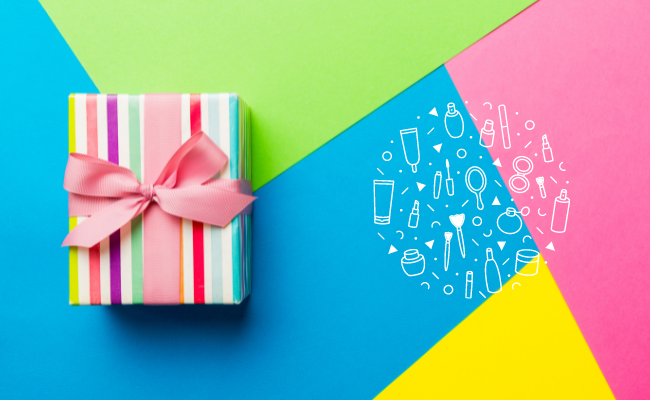
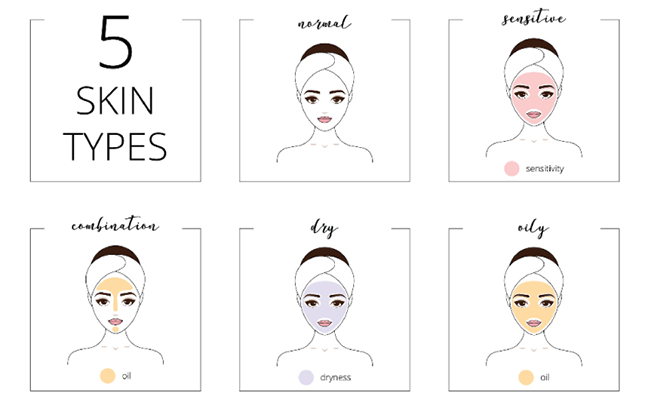
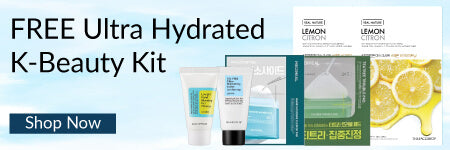

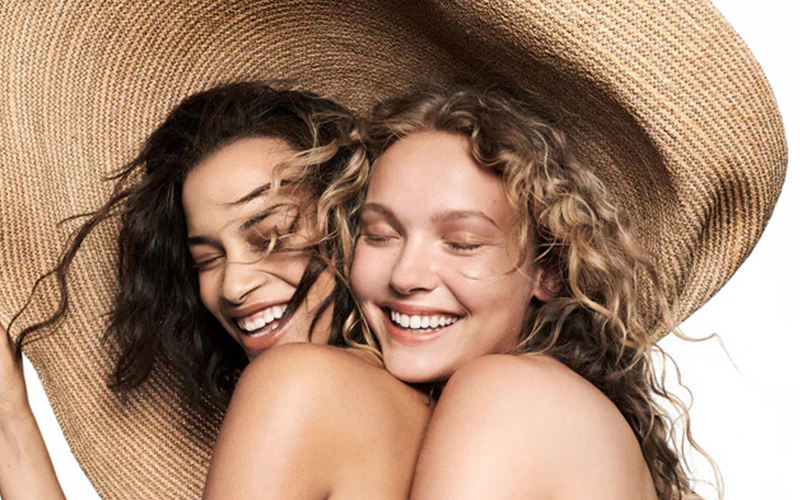
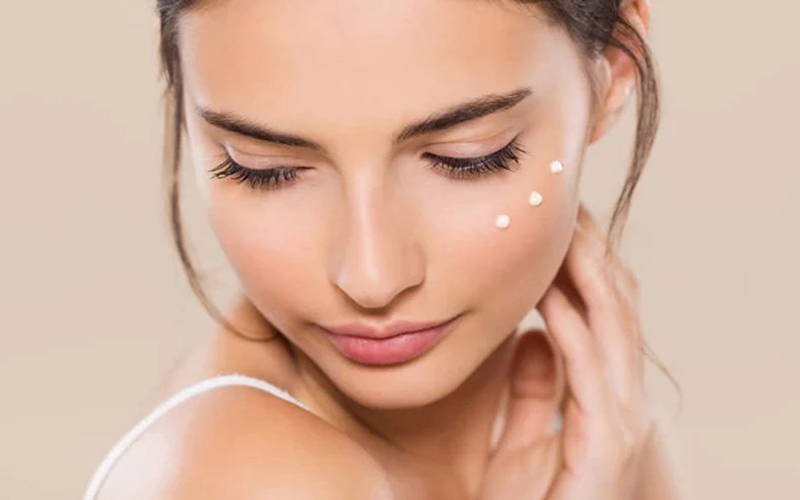
Leave a comment
This site is protected by reCAPTCHA and the Google Privacy Policy and Terms of Service apply.